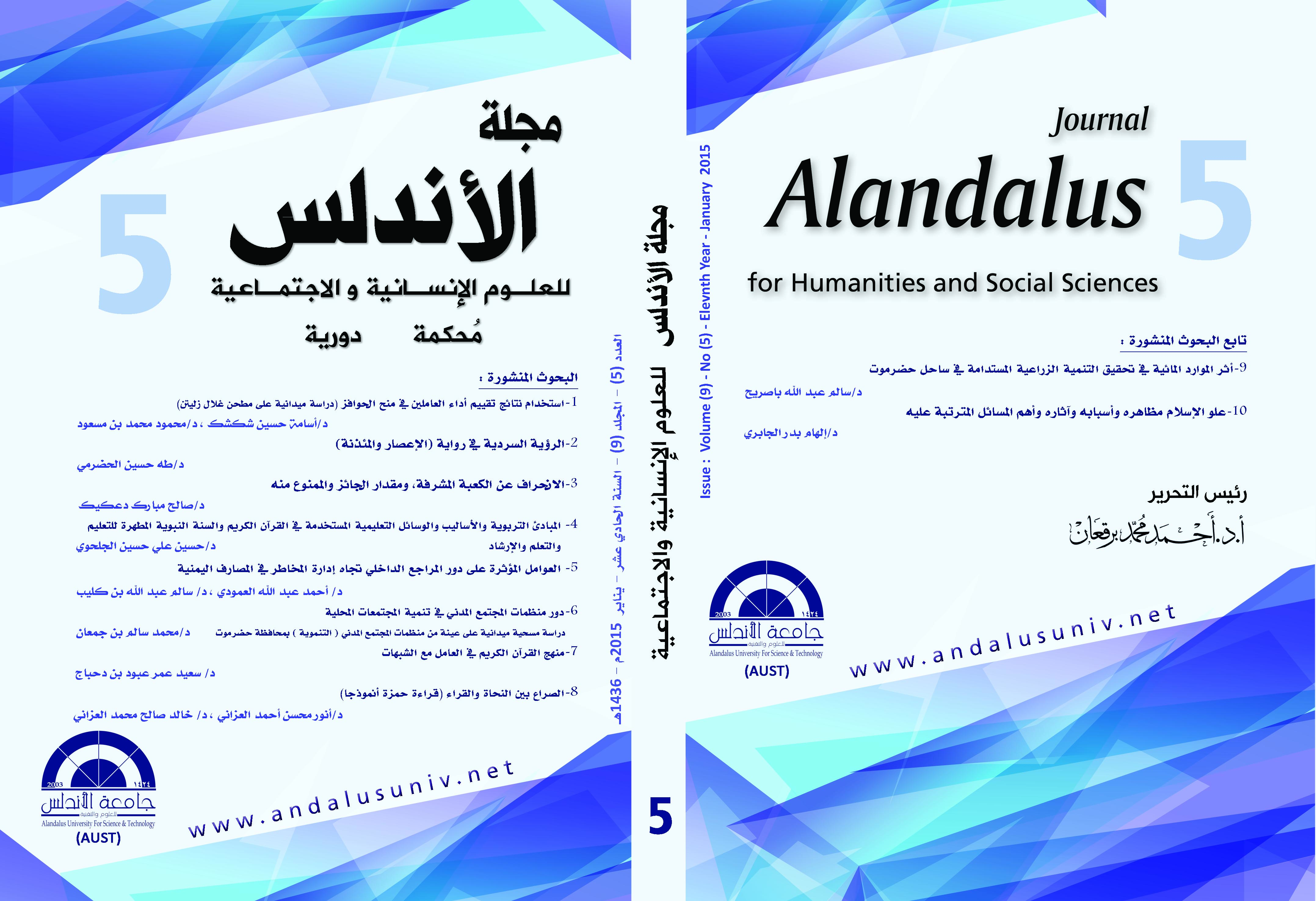Deviation from The Holy Kaaba and The Amount of The Permissible and Forbidden from It: A Comparative Fiqh Study 10.12816. صالح مبارك دعكيك0019199
Main Article Content
Abstract
All have agreed that a slight deviation from the direction of the Noble Ka’ba during the prayer is something that is overlooked, whilst a deviation from the direction could be by a lot thus taking the person away from being faced towards it. There is that which falls under permissible exertion (Ijtihaad) and that which is contrary to that. What then reflects the slight permissible deviation and what represents the major deviation which is forbidden? And what is that amount when reflected in the measure of astronomical degrees commonly used today? This is what this research seeks to answer in a through manner. That is by examining the early schools of juristic thought, the opinions of contemporary scholars and benefiting from the conclusions of the scholars of astronomy. That is to attain knowledge of the determinants of the juristic facing in the direction (of the Ka’ba), so that the prayer of the person falls within the principles of the pure Islamic law. The Muslim will then be at peace with his prayer in respect to the most condition from among its conditions, and that is to be facing towards the Noble Ka’ba, may Allah increase its extolment and honor.The Noble Ka’ba is the Qiblah (direction faced) of the people of Islam and the heart of the people of faith. It is a great and sacred Qiblah, in relation to which there are numerous rulings, from among the most significant is: The obligation of facing towards it from any location on the earth when performing prayers. Whoever can view it or is close to it, must face it directly face on, whilst the one who is distant from it, must turn towards its direction according to that which complies to the meaning of facing towards it. There are a number of statements (by scholars) concerning distant facing towards the Ka’ba itself or its towards its direction, which in sum state: The obligation of facing the Ka’ba and to not be absent from it in the case where that would be considered to be a diversion from it. It is not required for him to view it, even if we were to assume a line coming from his eyes coming into contact with a wall, as this is something that does not occur and none have said this according to this meaning.

